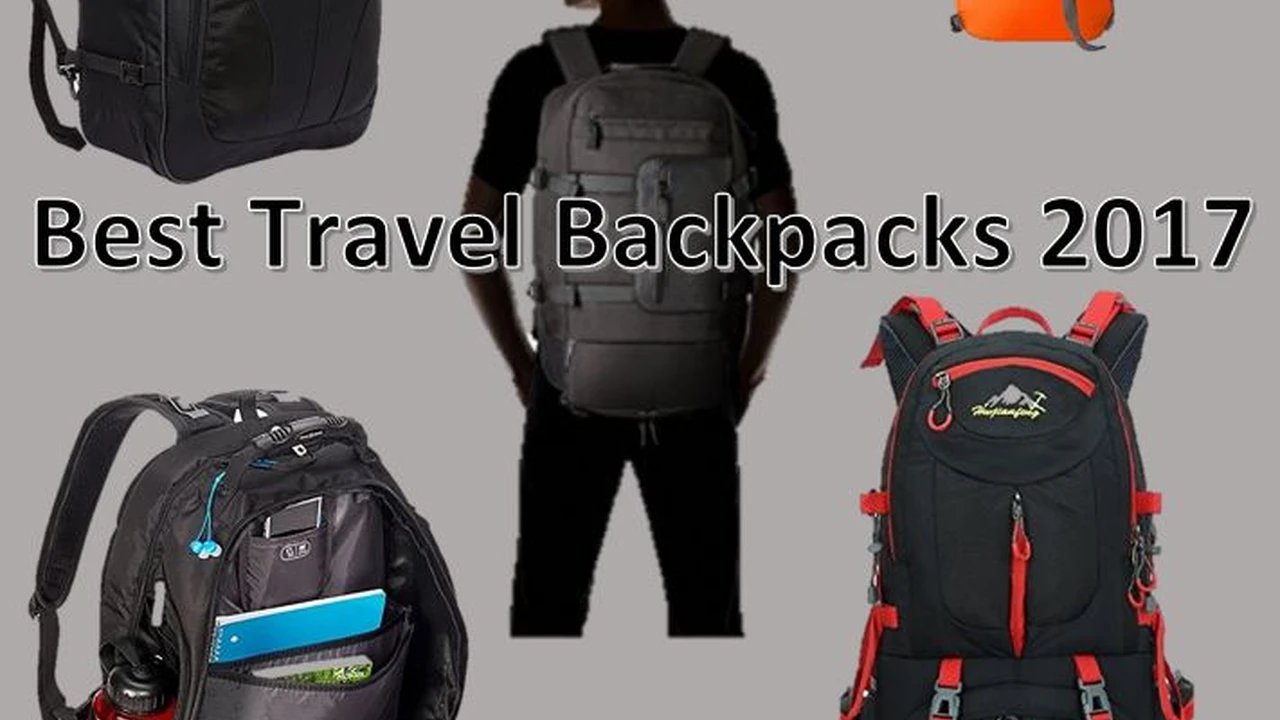Legal Issues Remote Work
Unlock your global office with our Digital Nomad Visa Guide. This essential resource details visa options for US citizens seeking remote work opportunities in Southeast Asia. Explore entry requirements, application processes, and tips for staying compliant with local regulations.

Understanding the Legal Landscape for Digital Nomads
So, you're living the dream – working from a beach in Thailand, a cafe in Bali, or a co-working space in Kuala Lumpur. But before you get too caught up in the sunsets and smoothie bowls, let's talk about something a little less glamorous: legal issues. Being a digital nomad is awesome, but it also means navigating a complex web of laws and regulations across different countries. This isn't about scaring you, but about arming you with the knowledge to protect yourself and your business.
Contracts: The Foundation of Your Remote Business
Whether you're a freelancer, consultant, or entrepreneur, contracts are crucial. A solid contract protects your interests, clarifies expectations, and minimizes the risk of disputes. Here's what you need to consider:
- Scope of Work: Be crystal clear about what you're delivering. Define deliverables, timelines, and any specific requirements.
- Payment Terms: Specify your payment schedule, currency, and accepted payment methods. Include late payment penalties to incentivize timely payments.
- Intellectual Property: Who owns the copyright to the work you create? This is especially important for designers, writers, and developers. Make sure it's explicitly stated in the contract.
- Termination Clause: What happens if the project is canceled or you need to terminate the agreement? Outline the process and any associated fees.
- Governing Law: Which country's laws will govern the contract? This can be tricky when you and your client are in different locations. Choose a jurisdiction that's familiar to you or where you have legal representation.
Product Recommendation: Consider using online contract templates or consulting with a lawyer to draft a professional contract. Tools like DocuSign (starting at $10/month) can help you manage contracts electronically and securely.
Intellectual Property: Protecting Your Creative Work
As a digital nomad, you're likely creating content, designing websites, or developing software. Protecting your intellectual property is essential. Here's what you need to know:
- Copyright: Copyright protects your original works of authorship, such as blog posts, photos, and videos. Copyright protection is automatic in many countries, but it's still a good idea to register your copyright in your home country, like the US, for stronger legal protection.
- Trademarks: A trademark protects your brand name, logo, and other identifying marks. If you're building a brand, register your trademark in the countries where you do business.
- Patents: A patent protects your inventions. If you've developed a unique product or process, consider applying for a patent.
Scenario: Imagine you're a graphic designer creating logos for clients. Without a clear contract stating that you retain ownership of the copyright until full payment is received, the client could use your designs without paying you. Protect yourself by having a solid IP clause in your contract.
Data Privacy: GDPR and Other Regulations
Data privacy is a big deal, especially if you're collecting personal information from clients or customers. The General Data Protection Regulation (GDPR) in Europe has global implications, even if you're not based in Europe. Here's what you need to consider:
- Privacy Policy: Have a clear and concise privacy policy on your website that explains how you collect, use, and protect personal data.
- Consent: Obtain explicit consent before collecting personal data. Don't just assume people are okay with you collecting their information.
- Data Security: Implement security measures to protect personal data from unauthorized access, use, or disclosure. This includes using strong passwords, encrypting data, and regularly backing up your data.
- Cross-Border Data Transfers: If you're transferring personal data outside of Europe, you need to comply with GDPR's rules on cross-border data transfers.
Product Recommendation: Use a privacy policy generator like Termly (starting at $15/month) to create a GDPR-compliant privacy policy for your website.
Compliance with Local Laws: Respecting the Rules of the Road
When you're working remotely in a foreign country, you need to comply with local laws and regulations. This includes:
- Visa Requirements: Make sure you have the appropriate visa for working remotely in the country you're visiting. Don't try to work on a tourist visa, as this could get you into trouble.
- Tax Laws: You may be subject to local taxes, depending on the length of your stay and the nature of your work. Consult with a tax advisor to understand your tax obligations.
- Labor Laws: If you're hiring local employees or contractors, you need to comply with local labor laws.
- Business Licenses: If you're running a business, you may need to obtain a business license in the country where you're operating.
Comparison: Tourist visas generally prohibit any form of employment or business activity. Digital nomad visas, on the other hand, are specifically designed for remote workers and often come with specific requirements and limitations. Failing to adhere to these regulations can result in fines, deportation, or even legal action.
Banking and Finance Legal Tips for Nomads
Managing your finances across borders can be tricky. Here are some legal considerations:
- Opening a Bank Account: Opening a local bank account can simplify transactions and avoid international fees. Research the requirements, which often include proof of residency or a valid visa.
- Tax Implications: Be aware of the tax implications of holding accounts in different countries. Report all income accurately to avoid legal issues in your home country and the countries where you reside.
- Currency Exchange: Understand the legal regulations surrounding currency exchange, especially large transactions. Use reputable exchange services to avoid scams and comply with reporting requirements.
Product Recommendation: Wise (formerly TransferWise) offers multi-currency accounts and low-cost international transfers, making it easier to manage finances across borders. Transaction fees are typically between 0.4% and 2%, depending on the currencies and transfer amounts.
Avoiding Scams and Fraud: Staying Safe Online
Digital nomads are particularly vulnerable to scams and fraud. Here's how to protect yourself:
- Be Wary of Phishing: Don't click on suspicious links or open attachments from unknown senders.
- Use Strong Passwords: Use strong, unique passwords for all your online accounts.
- Secure Your Wi-Fi: Use a VPN when connecting to public Wi-Fi networks.
- Protect Your Devices: Install antivirus software and keep your devices updated.
- Trust Your Gut: If something seems too good to be true, it probably is.
Scenario: A common scam involves fake job offers promising high pay for minimal work. These scams often require you to pay an upfront fee or provide personal information. Always research potential employers and be wary of offers that seem unrealistic.
Insurance: Protecting Yourself and Your Assets
Don't forget about insurance! Make sure you have adequate insurance coverage for your health, belongings, and business.
- Health Insurance: Get international health insurance that covers you in the countries you're visiting.
- Travel Insurance: Travel insurance can cover unexpected events such as flight cancellations, lost luggage, and medical emergencies.
- Business Insurance: If you're running a business, consider getting business insurance to protect yourself from liability.
Product Recommendation: SafetyWing offers travel medical insurance specifically designed for digital nomads, starting at around $42/month. They provide coverage for medical expenses, travel delays, and lost luggage.
Resources for Legal Advice Digital Nomads
Don't go it alone! There are plenty of resources available to help you navigate the legal landscape of remote work.
- Online Legal Services: Websites like LegalZoom and UpCounsel can connect you with lawyers who specialize in international law.
- Digital Nomad Communities: Join online communities and forums where you can ask questions and get advice from other digital nomads.
- Local Embassies and Consulates: Your embassy or consulate can provide information on local laws and regulations.
Staying informed and proactive is key to a successful and legally sound digital nomad journey. So, do your research, consult with professionals when needed, and enjoy the freedom of working from anywhere in the world!
:max_bytes(150000):strip_icc()/277019-baked-pork-chops-with-cream-of-mushroom-soup-DDMFS-beauty-4x3-BG-7505-5762b731cf30447d9cbbbbbf387beafa.jpg)






